13 Music Icons Who Said ‘No’ to the Most Famous Festival in History
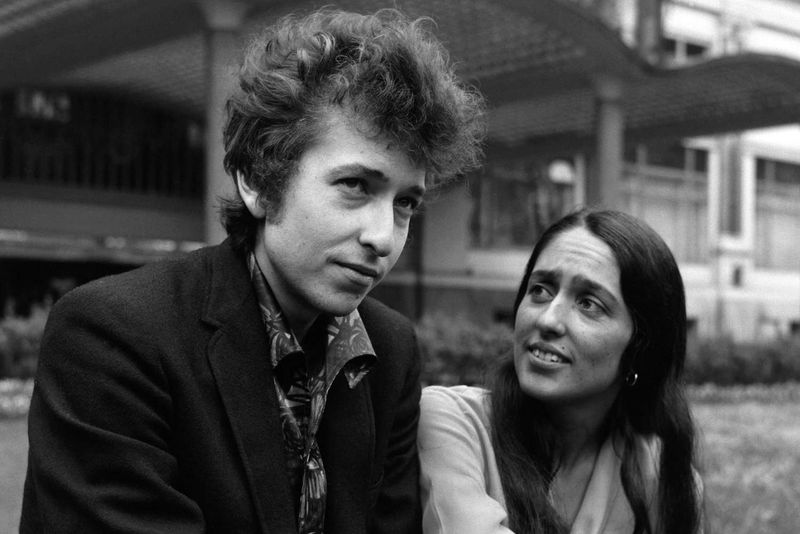
Woodstock 1969 wasn’t just a music festival—it became the symbol of a generation. Nearly half a million people camped out in the mud to watch performances that would go down in history. From The Beatles to The Doors, many legendary artists had the chance to appear but didn’t. Some passed because of scheduling conflicts, others dismissed it as “just another gig,” and a few flat-out didn’t want to play for a muddy crowd in upstate New York.
1. The Beatles
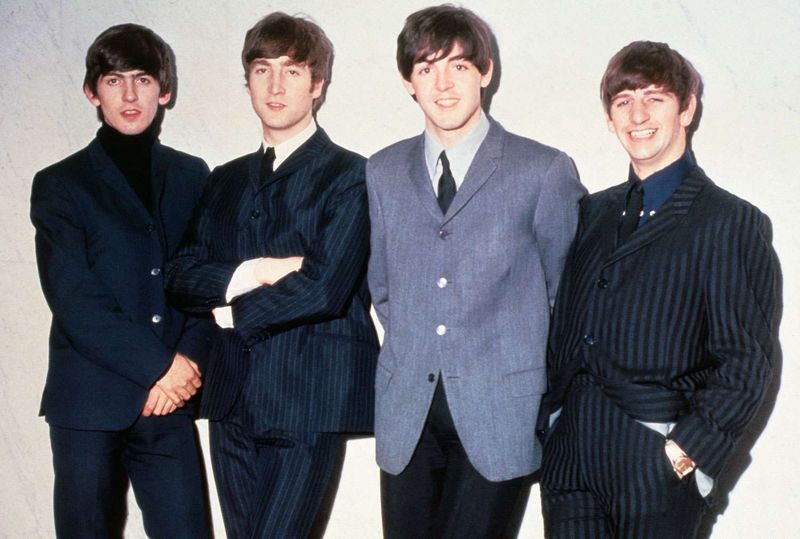
By 1969, The Beatles were already the most famous band on Earth, but they were unraveling behind the scenes. John Lennon was pushing for his Plastic Ono Band, George Harrison was frustrated with the group’s direction, and Paul McCartney was clinging to keep it all together.
Woodstock organizers desperately wanted them, even suggesting Lennon perform with Yoko Ono instead. Still, the Fab Four turned the offer down. Instead, Lennon was in Canada during the festival, and the band was on the brink of breaking up.
Imagine Woodstock with The Beatles belting “Come Together” to half a million people—it could have changed music history. But instead, fans were left with rumors and what-ifs.
2. The Rolling Stones
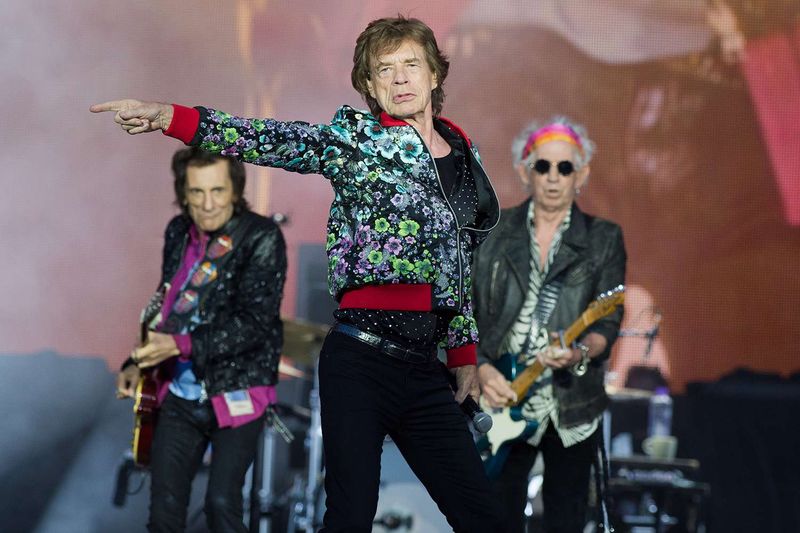
Mick Jagger and Keith Richards didn’t see Woodstock as a priority. Jagger was busy filming Ned Kelly in Australia, while Richards was preparing for the birth of his son. Add in some band tensions, and the Stones never even considered the event.
Their absence was a major disappointment, since the Stones were at their peak. Fans imagined “Jumpin’ Jack Flash” echoing through the fields of Bethel, New York, but it wasn’t to be.
Ironically, the Stones later played their own infamous festival at Altamont that December, which ended in tragedy. While Woodstock represented peace and love, Altamont was chaos. The Stones’ decision may have saved them from being linked to Woodstock’s legacy—but it remains one of rock’s biggest “what ifs.”
3. Bob Dylan
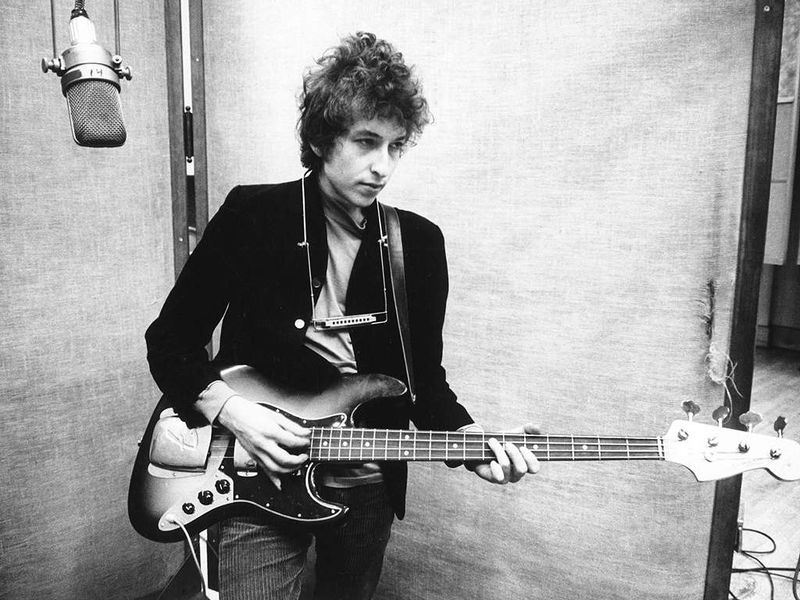
Although he lived just a short drive away in Woodstock, New York, Dylan wanted no part of the festival. He disliked the idea of his quiet town being overrun by thousands of hippies and reportedly had personal issues keeping him away.
Instead, Dylan took a payday to perform at the Isle of Wight Festival in England a few weeks later. The choice stunned fans who saw him as the voice of the counterculture.
It’s hard not to wonder what a Dylan set at Woodstock would have looked like. Would he have gone acoustic, or shocked the crowd with his electric sound? Either way, his absence only added to his mystique.
4. Led Zeppelin
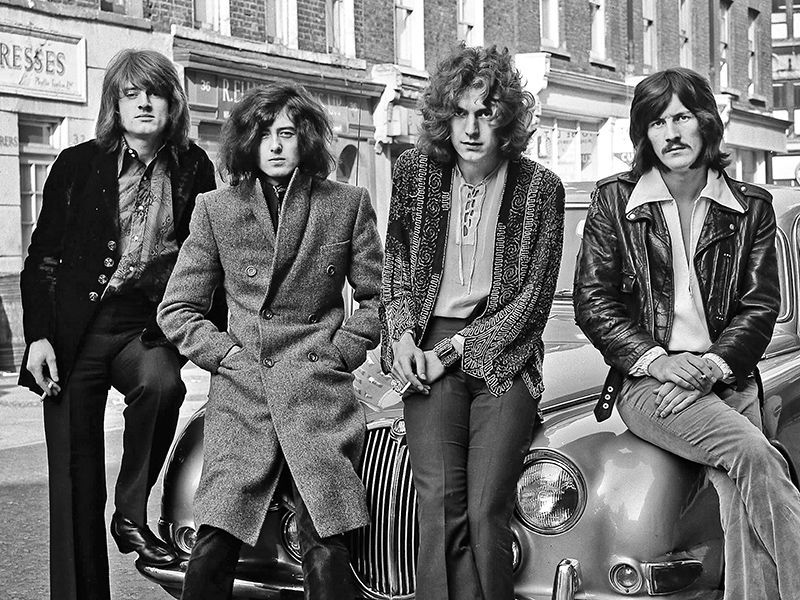
One of the hottest rising bands of 1969, Led Zeppelin had the chance to play Woodstock but turned it down. Their manager, Peter Grant, didn’t want them buried in a massive lineup where they weren’t the sole headliners.
Instead, Zeppelin played other shows around the same time, choosing spotlight over festival chaos. Fans who saw them live then still rave about the energy of their sets—imagine that power unleashed on the Woodstock stage.
While their absence is disappointing, it also fits their story. Zeppelin always operated on their own terms, carving out their legendary status without relying on anyone else’s spotlight. Woodstock wasn’t big enough for them—or so their manager believed.
5. The Doors
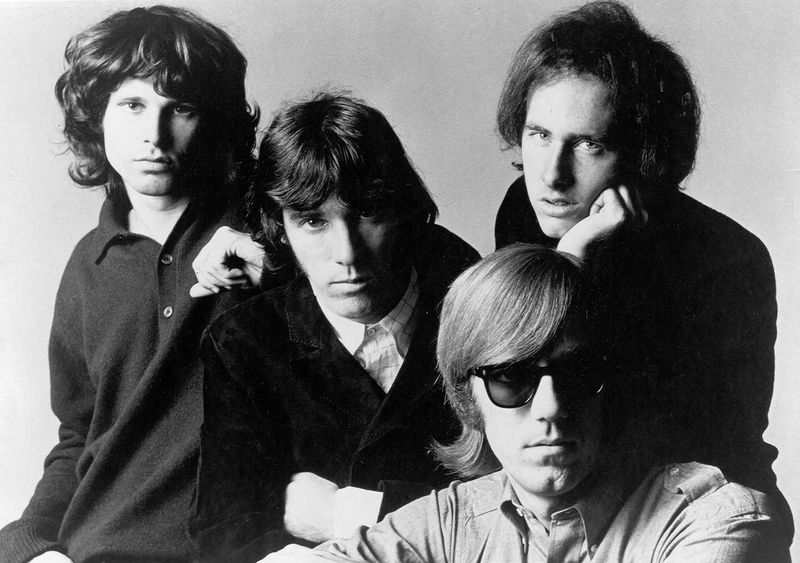
When Woodstock called, The Doors said no. Jim Morrison supposedly hated outdoor festivals and worried about losing control of the crowd. Given his unpredictable stage behavior, the band decided it wasn’t worth the risk.
The decision wasn’t just Morrison’s paranoia—band tensions were already brewing, and they were cautious about live appearances. Missing Woodstock meant missing out on one of the biggest moments in rock history.
Had The Doors shown up, fans might have witnessed “Light My Fire” under the summer sky or Morrison’s hypnotic stage presence on a muddy field. Instead, they skipped it entirely, leaving Woodstock without one of the defining voices of the era.
6. Frank Zappa & The Mothers of Invention
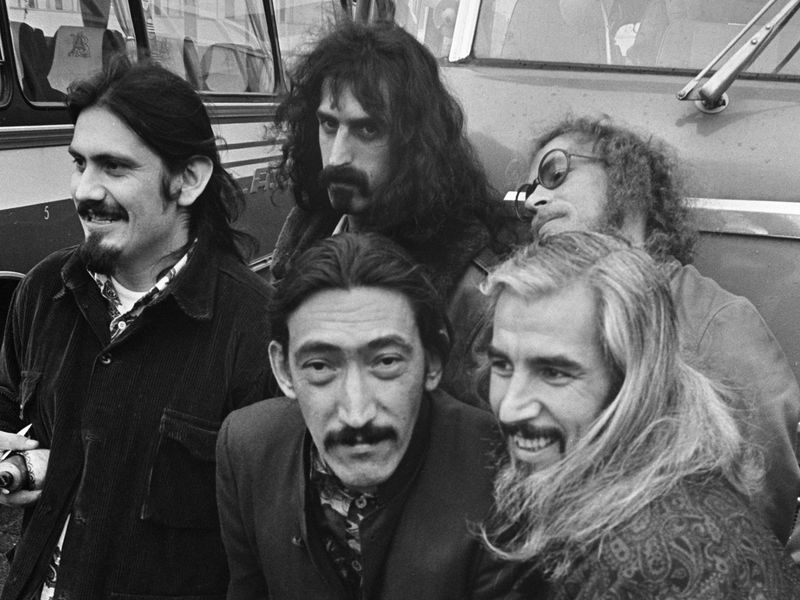
Zappa was never shy about his opinions, and Woodstock didn’t impress him. He dismissed it as a muddy, chaotic gathering and had no interest in performing for what he later called “a bunch of mud people.”
It wasn’t just the crowd that turned him off—Zappa valued precision and control in his shows, something Woodstock couldn’t deliver. With its delays, weather problems, and unpredictable schedule, it wasn’t his scene.
Still, Zappa’s unique, satirical take on the era would have added an edge to the festival. Instead, he stood apart, critiquing the very culture that celebrated Woodstock as a high point of the 1960s.
7. Joni Mitchell
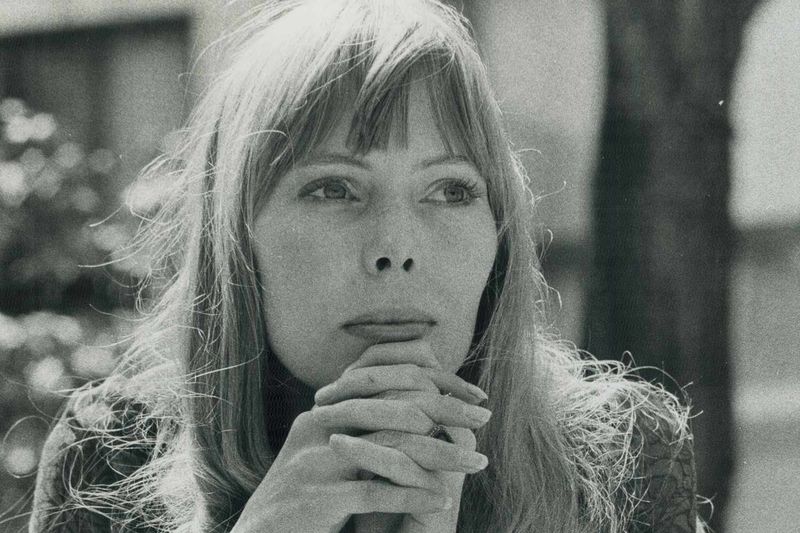
Few people are more closely tied to Woodstock in song than Joni Mitchell, but she wasn’t actually there. Her manager, David Geffen, advised her to skip the festival to appear on The Dick Cavett Show instead—a decision she later regretted.
From her hotel room in New York, Mitchell wrote “Woodstock,” a song that became an anthem for the generation. Her version—and Crosby, Stills, Nash & Young’s cover—ensured her name would forever be linked to the event she missed.
Sometimes absence creates its own legacy. Mitchell didn’t play Woodstock, but she captured its spirit better than almost anyone else.
8. Chicago (Chicago Transit Authority)
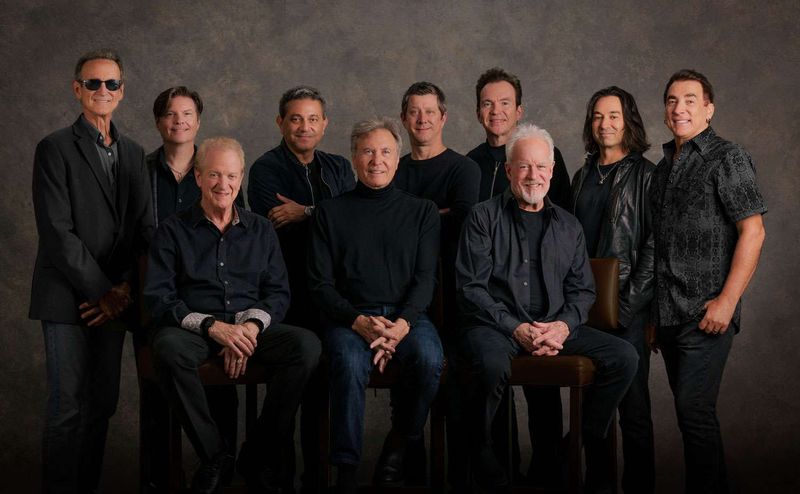
Before they became simply Chicago, the band was booked to play Woodstock under their original name, Chicago Transit Authority. But their slot was taken away and given to Santana, who went on to deliver one of the most iconic sets of the entire festival.
The story goes that their manager reshuffled tour dates with promoter Bill Graham, leaving Chicago sidelined. Looking back, it’s one of rock’s great twists of fate.
Had they played, Woodstock history might remember them differently. Instead, Santana seized the moment and skyrocketed to fame, while Chicago found their success through a different path.
9. Tommy James and the Shondells
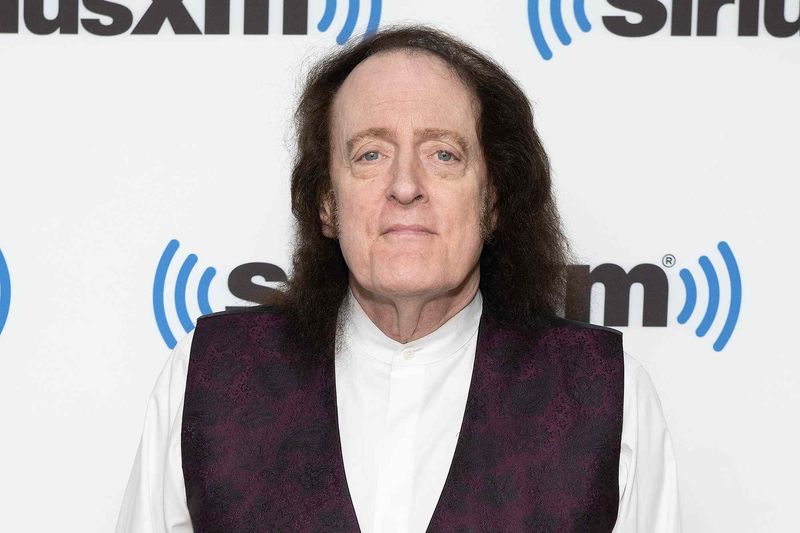
Sometimes, saying “no” turns out to be a colossal mistake. Tommy James and the Shondells, known for hits like “Mony Mony,” turned down Woodstock because they thought it was just a small, local gig.
James later admitted he was kicking himself when he realized how big the festival had become. While he did fine with radio hits, Woodstock could have launched his career into another stratosphere.
It’s a reminder that timing is everything in music. For Tommy James, skipping Woodstock became a career footnote—proof that sometimes you really don’t know what you’re passing up.
10. The Byrds
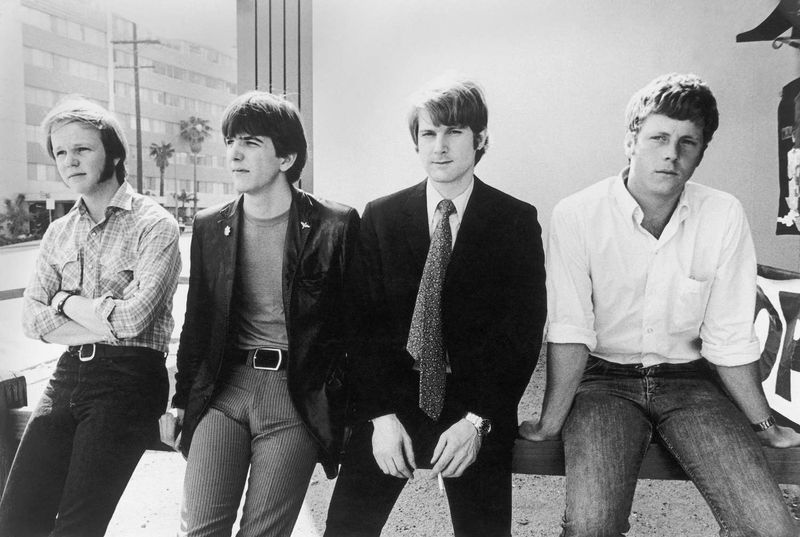
Despite being folk-rock royalty, The Byrds passed on Woodstock. They didn’t want to perform for free and thought the festival would be just another overcrowded, underpaid event.
Their skepticism backfired. As their peers cemented themselves in history on that muddy stage, The Byrds missed out on a cultural moment. Though they had hits like “Mr. Tambourine Man,” their decision left them somewhat sidelined in the Woodstock legacy.
It’s ironic—The Byrds helped shape the very counterculture sound Woodstock celebrated, yet they weren’t there to see it unfold. Sometimes practicality overshadows vision, and The Byrds paid that price.
11. Simon & Garfunkel
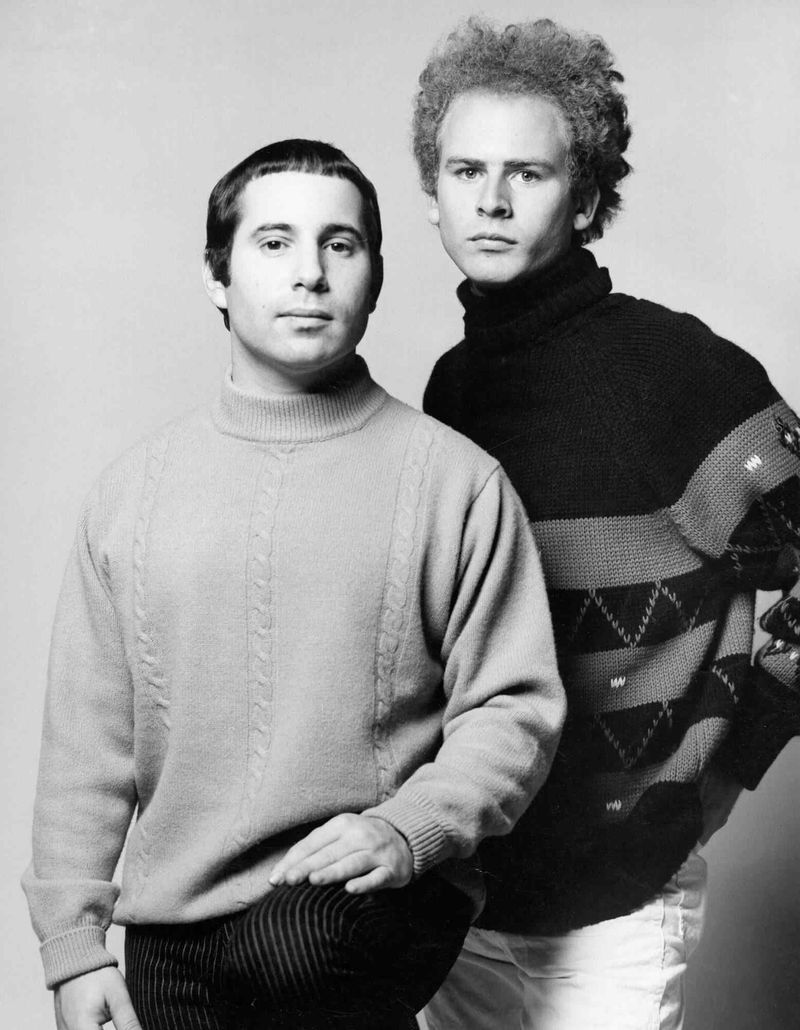
One of the most beloved duos of the era, Simon & Garfunkel chose not to play Woodstock because they were deeply focused on recording Bridge Over Troubled Water. Their perfectionism in the studio took precedence over a chaotic outdoor festival.
Looking back, it’s easy to see why. The technical issues, delays, and unpredictability of Woodstock would have been a nightmare for artists who thrived on carefully crafted harmonies.
Still, imagine half a million voices singing along to “The Sound of Silence” under the stars. Their absence meant Woodstock missed out on one of the most hauntingly beautiful acts of the era.
12. Iron Butterfly
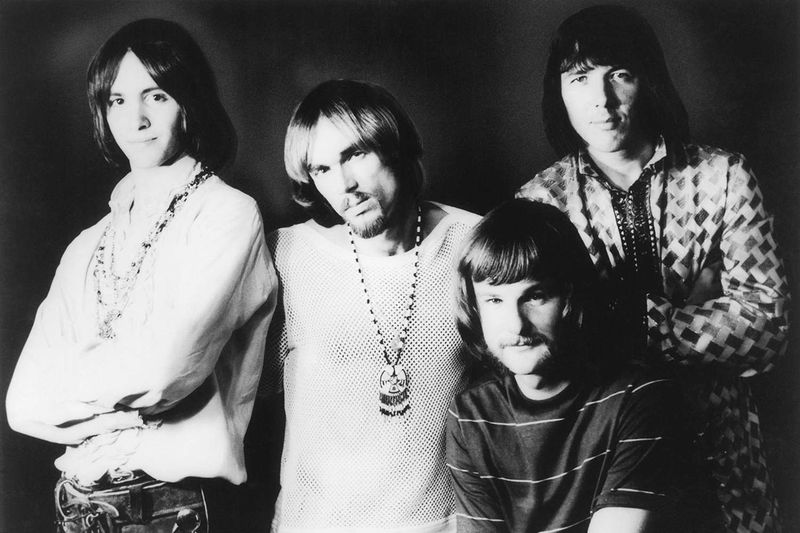
Iron Butterfly actually intended to play, but fate had other plans. They were stuck at the airport with no transportation to the festival. Rumors swirled that organizers deliberately left them stranded, but whatever the case, they never made it to the stage.
It’s a shame, because their heavy psychedelic sound, especially “In-A-Gadda-Da-Vida,” would have fit perfectly into the Woodstock lineup. Instead, they became one of the strangest “almost” stories of the festival.
Sometimes logistics ruin history. For Iron Butterfly, missing Woodstock wasn’t a choice—it was a case of bad timing and bad planning.
13. Moody Blues
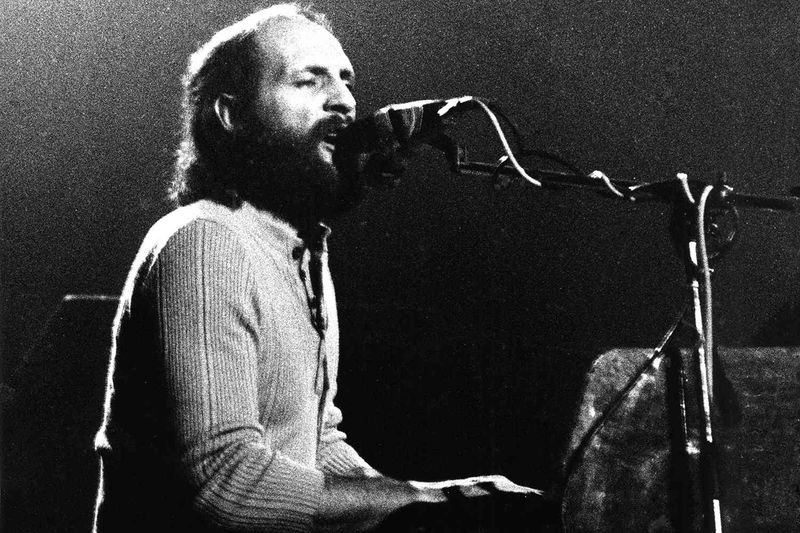
Originally advertised as part of the lineup, the Moody Blues backed out to tour Europe instead. At the time, they were gaining momentum with their symphonic rock style, and management pushed them to focus elsewhere.
Their decision meant missing the chance to showcase songs like “Nights in White Satin” to an audience of half a million. Fans still wonder how their lush, orchestral sound might have changed the vibe of Woodstock.
Ironically, they’re often mistakenly remembered as being part of the festival because of early promotional materials. But in reality, they were thousands of miles away, leaving the legend of Woodstock without their dreamy soundscapes.

Comments
Loading…